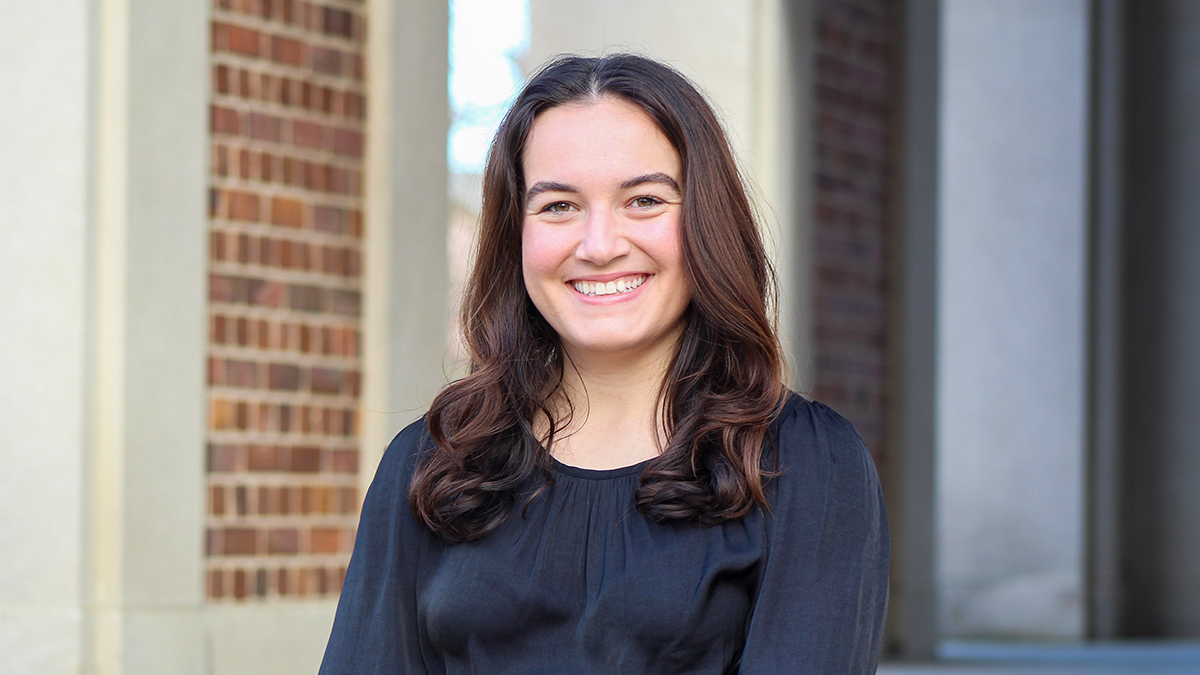Message About First Amendment Protections, Outside Speakers, Confederate Monument
University officials discuss First Amendment protections, outside speakers and the Confederate Monument
Dear Carolina Community:
In the aftermath of the horrific events in Charlottesville last weekend, Chancellor Folt asked us to clarify the federal and state laws that affect how a public university like Carolina must handle free speech issues. While we have faced questions about free speech and the Confederate Monument for years, the extreme provocation we witnessed last weekend presents a very different kind of threat. While our long and proud tradition of protecting free speech on this campus is unchanged, we must acknowledge the current environment and redouble our commitment to ensuring the safety of our campus community.
We know many students, faculty and staff have questions and concerns, especially since the General Assembly passed a new Free Speech Act over the summer. We write today to share the facts about three major areas – First Amendment protections, outside speakers coming to campus, and the Confederate Monument in McCorkle Place. It is important to note that public universities are subject to state laws that may not necessarily apply to private institutions.
First Amendment Protections
- Our University is governed by the First Amendment, the North Carolina Free Speech Act, and the University Facilities Use policy, available at http://policies.unc.edu/policies/fac-use/. Individual campus buildings and departments may have specific facilities use policies. These laws and policies are the basis for the guidance that follows.
- The First Amendment prohibits the University from “abridging the freedom of speech,” which includes speech that is offensive or hateful. Extremely hateful, hurtful speech is protected under the First Amendment. For example, in 1977 the U.S. Supreme Court upheld the right of the National Socialist Party of America (Nazis) to march in public spaces.
- As a public university, we cannot prohibit a person from coming to campus because the University community does not agree with what that person has to say or because the speech would be offensive to most people. However, it is critical that the campus community understands that complying with the law does not mean the University – in any way – endorses such speech.
- The University is permitted to set limits that are not related to the content of the speech. This includes setting reasonable time, place, and manner restrictions. For example, the University allows the rental of certain campus facilities for third-party events, while other spaces are reserved for exclusive University use. The University also has the right to prevent speakers from disrupting classrooms or work environments.
- This summer, the North Carolina Legislature passed The Free Speech Act, which requires public universities to educate students about free speech issues during orientation. We are awaiting direction from UNC General Administration as to what this covers and how it will be implemented. This is our first pass at informing you.
Outside Speakers
- North Carolina law allows outside speakers to come to campus and rent certain University facilities. Public speech is also allowed in certain outside areas as long as the speech is not disruptive to the operation of the University. Part of the University’s obligation under the First Amendment is to treat all speakers equally, regardless of the content of their speech.
- Just as the University cannot refuse access based on the content of someone’s speech, the University must protect the safety of the speaker and attendees regardless of content.
- The Free Speech Act requires the University to implement a range of disciplinary actions for students and employees who substantially interfere with another person’s protected free speech rights. This includes protests that limit the ability of others to hear a speaker.
- The University can take steps to preserve safety on campus and to prevent threats of harm to others by controlling access to facilities and prohibiting certain items.
- Where speech crosses into incitement to riot or other violent acts, the law permits the University to take immediate action to enforce security, such as dispersing and managing crowds.
Confederate Monument
- The Cultural History Artifact Management and Patriotism Act of 2015 prohibits state agencies including the University, from permanently removing any object of remembrance – defined as a “monument, memorial, plaque, statue, marker, or display of a permanent character that commemorates an event, person or military service that is part of North Carolina’s history.”
- The Confederate Monument, commonly known as “Silent Sam,” is a state-owned monument and an object of remembrance as defined by the law.
The events in Charlottesville have been deeply troubling. Please know that if you need to talk or would like help, as always, counseling services are available for students, and for faculty and staff. This topic will also be the subject of the academic year’s first Carolina Conversation, with more details to follow.
Notwithstanding all of this information, the safety and security of our community and its people are our top priority. We look forward to continuing this important conversation and engaging the University community on the topic of the First Amendment and free speech in the coming weeks.
Sincerely,
Winston Crisp, Vice Chancellor for Student Affairs
Mark Merritt, Vice Chancellor and General Counsel
Jeff McCracken, Chief of Police




